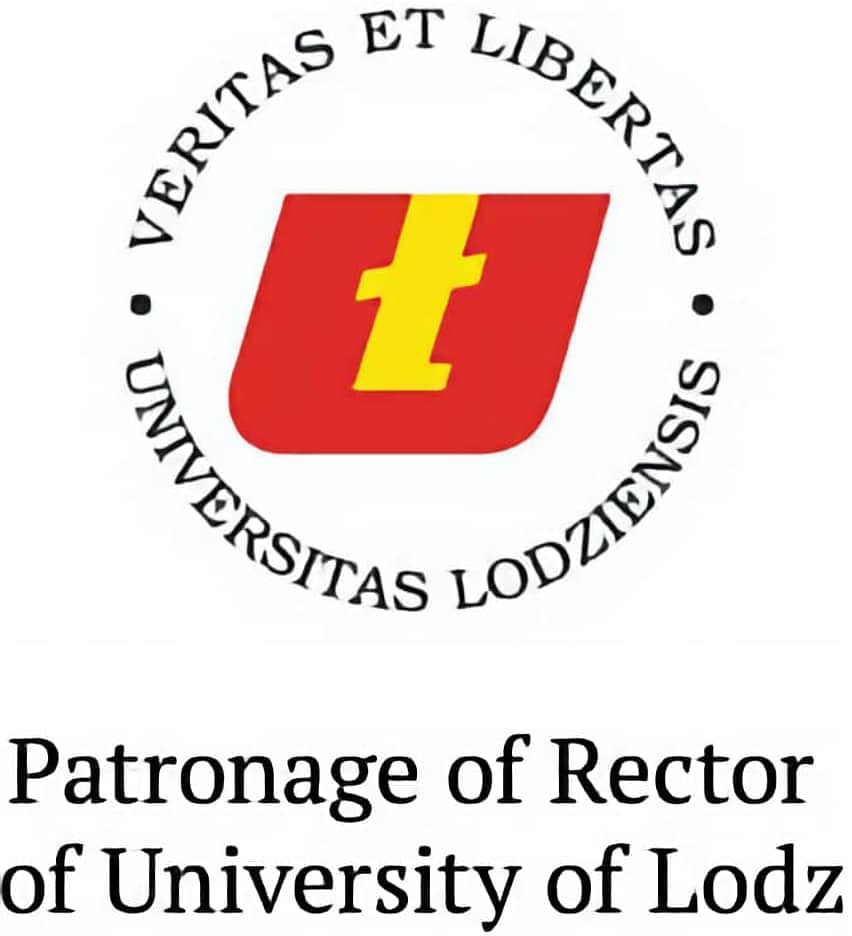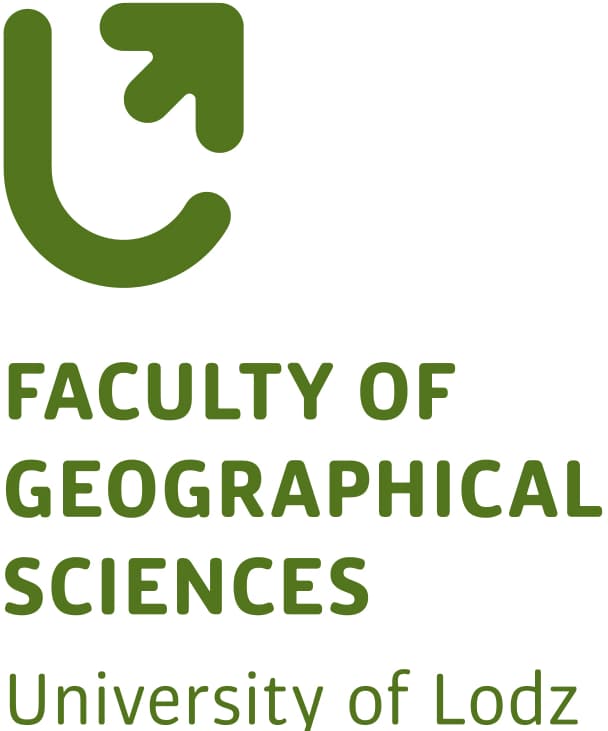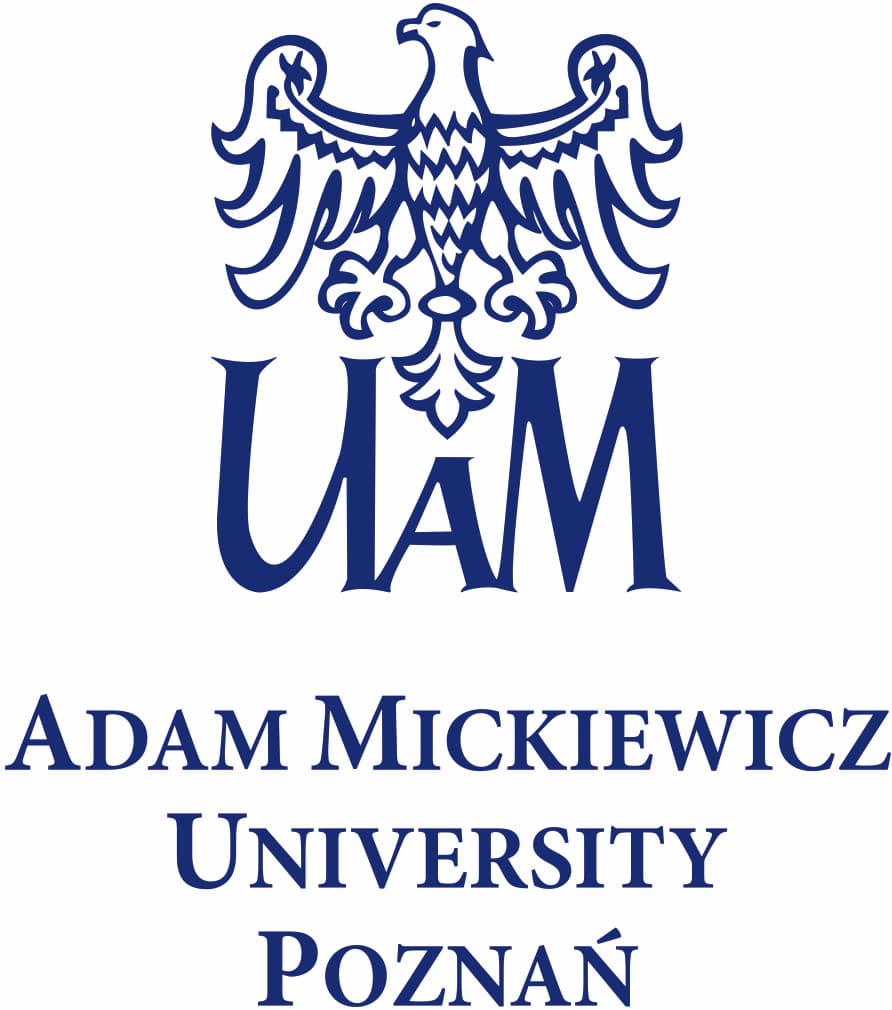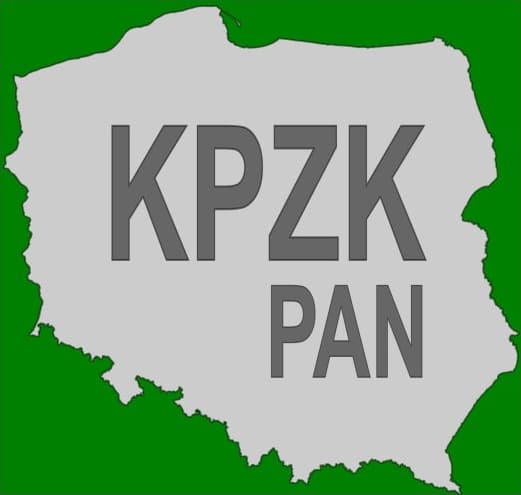A citizen’s quality of life in their city is highly dependent on their mobility and how public space can be used by citizens. A lack of accessibility can lead to social exclusion, and poor health and wellbeing outcomes. Therefore, it is important to recognize accessibility as a basic prerequisite for participation in society, and as one of the primary objectives of sustainable and equitable transport planning. In the wake of the COVID-19 pandemic, active travel (namely, walking and cycling) has become more relevant. Active travel is recognised for its ability to provide healthy, cheap, and sustainable mobility, as well as being a feasible way of travelling for most people. In combination with public transport, active travel has the potential to promote low-emission mobility, reduce dependence on private cars and increase social participation. Common instruments for measuring and evaluating walking and cycling provide valuable insights. However, often these do not include the plurality of needs and perceptions of individuals and vulnerable groups in particular. With this session we wish to combine both approaches towards a holistic understanding of the multifaced aspects of walking and cycling and discuss the possibilities of how these can be integrated into planning practice. We therefore discuss the following key topics during the special session:
- Theoretical approaches focusing on the human experience of mobility and/or accessibility
- People-focused methods capturing individuals’ experiences and perceptions of active travel (e.g., walk-alongs, guided walks, bike-alongs, participatory mapping)
- Instruments capturing the multifaced aspects of active travel and / or its connection to public transport
- Methodological and empirical challenges in modelling of multifaceted aspects of walkability and bikeability
- Walkability/bikeability with a focus on specific target groups
- Walkability/bikeability in diverse geographical settings (eg, suburban and rural environment)
- Incorporating perceptions of active travel into measures/evaluations of social and spatial differences
- Incorporating walkability/bikeability results into planning practice
- Investigations of the interdependency between (perceived) walkability and bikeability, subjective well-being, social inclusion and transport disadvantage








